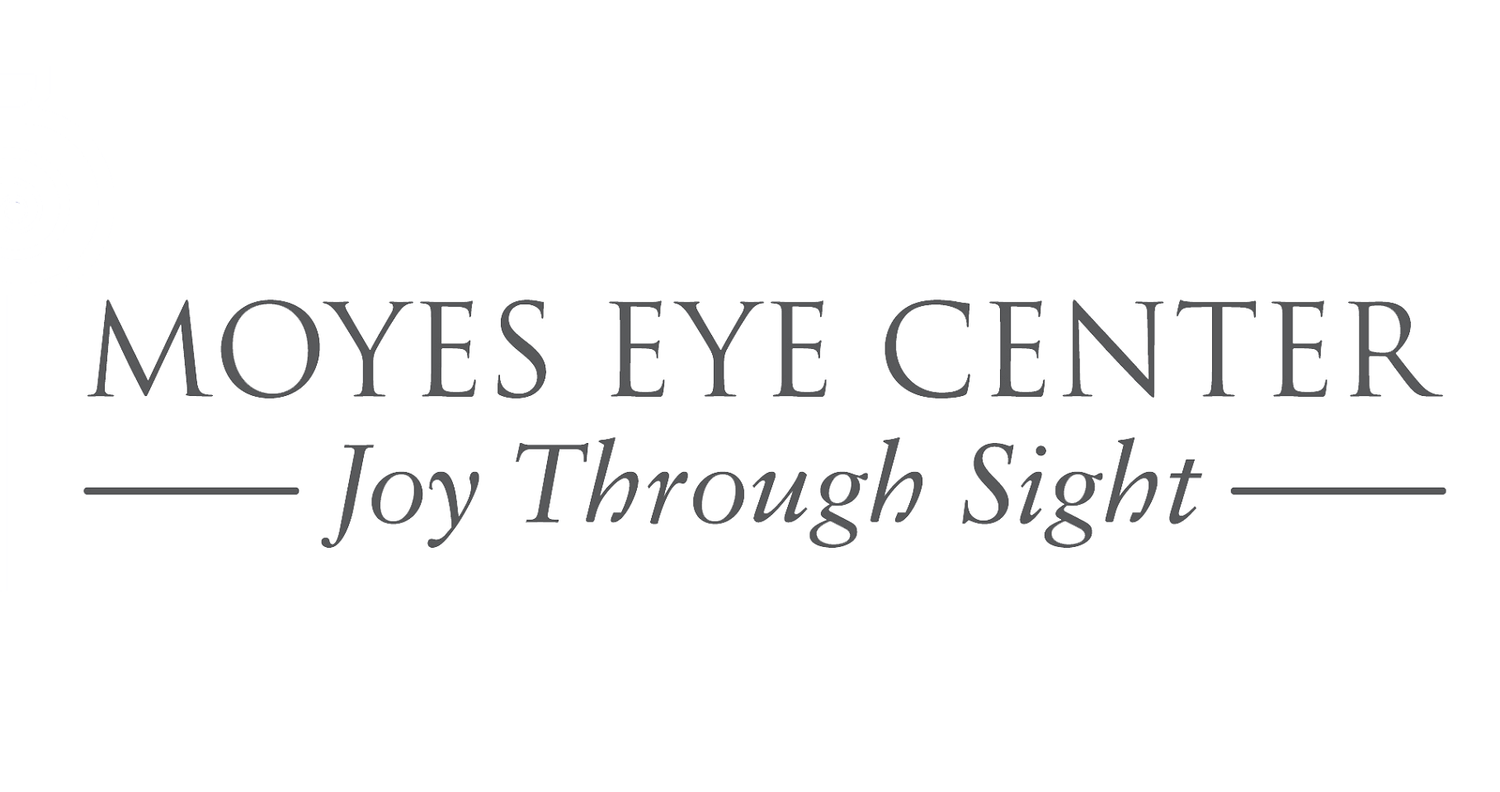Thyroid Eye Disease
Thyroid eye disease (TED) is a disorder of the body’s immune system that results in inflammation of the tissues surrounding the eye. This inflammation typically results in bulging of the eyes, a restriction in the muscles that move the eyes resulting in double vision, and tightening and other changes of the eyelids. TED also frequently causes eye dryness, redness, irritation, and pain. In severe cases, the swelling in the eye socket may cause increased pressure on the optic nerve that connects the eye and brain. This pressure may lead to permanent vision damage or loss.
TED is most commonly noted in patients with the immune system disorder hyperthyroidism (a thyroid gland that is too active), although it may also be present in patients with hypothyroidism or even in patients with normal thyroid hormone levels. Cigarette smoking is also a significant risk factor for developing TED. Control of abnormal thyroid hormone levels and stopping smoking are very important in the control of TED.
The treatment of TED depends on the severity of the disease. For mildly symptomatic disease, topical lubrication and eye protection may be all that is required for therapy. For more symptomatic cases and those with active inflammation, anti-inflammatory medications are typically necessary. Sometimes surgery for the eyelids, eye muscles, and tissues and bones around the eyelids are indicated. Any necessary surgery is performed when the inflammation has subsided, but sometimes more urgent surgical intervention is required.
